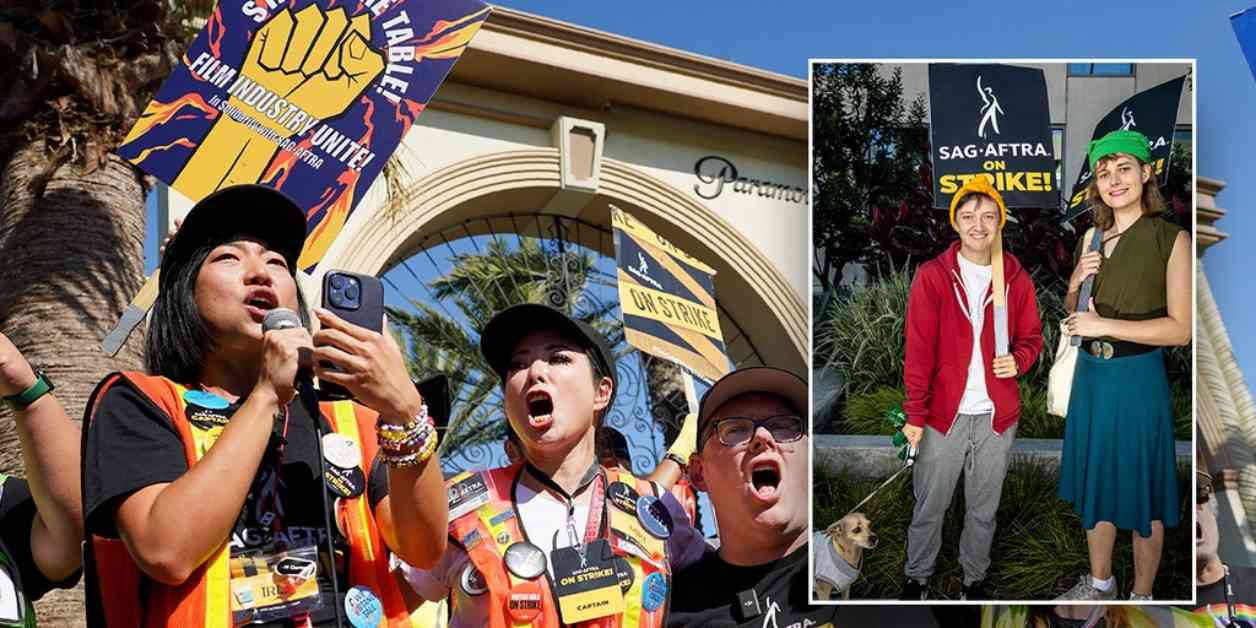Video game performers represented by SAG-AFTRA are set to go on strike due to concerns over artificial intelligence (AI) protections in the industry. This strike, scheduled to begin on Friday, marks the second time SAG-AFTRA performers in the video game sector have taken such action.
While the union acknowledges that progress has been made in terms of wages and job safety in video game contracts, the issue of AI in interactive media remains a point of contention. Chief Contracts Officer Ray Rodriguez emphasized that some performers’ work may be classified as “data” under current AI guidelines, leading to the decision to strike as a last resort after exploring all other options.
Negotiations between SAG-AFTRA and major gaming companies like Warner Brothers and the Walt Disney Company have been ongoing for nearly two years. The crux of the disagreement lies in the definition of a “performer,” with the union and gaming companies holding differing perspectives on this matter.
Audrey Cooling, a spokesperson for the gaming companies involved, expressed disappointment at the union’s decision to strike when a deal was reportedly close to being reached. Cooling cited the companies’ offer of “meaningful AI protections” and reiterated their readiness to resume negotiations.
Actor Andi Norris highlighted the importance of recognizing the diverse roles played by performers in video games, ranging from voice actors to motion capture artists. Norris argued against excluding certain types of performances from the definition of a “performer,” emphasizing the range of characters and roles brought to life by these individuals.
SAG-AFTRA represents approximately 2,500 performers across various categories, including voiceover artists, motion capture performers, stunt coordinators, singers, dancers, puppeteers, and background actors. The union’s stance on AI protections underscores the broader conversation within the industry about the impact of technology on creative work and labor rights.
As the strike unfolds, stakeholders in the video game industry will be closely watching the developments and potential implications for future contracts and working conditions. The intersection of art, technology, and labor rights continues to be a complex and evolving landscape in the world of entertainment.




















